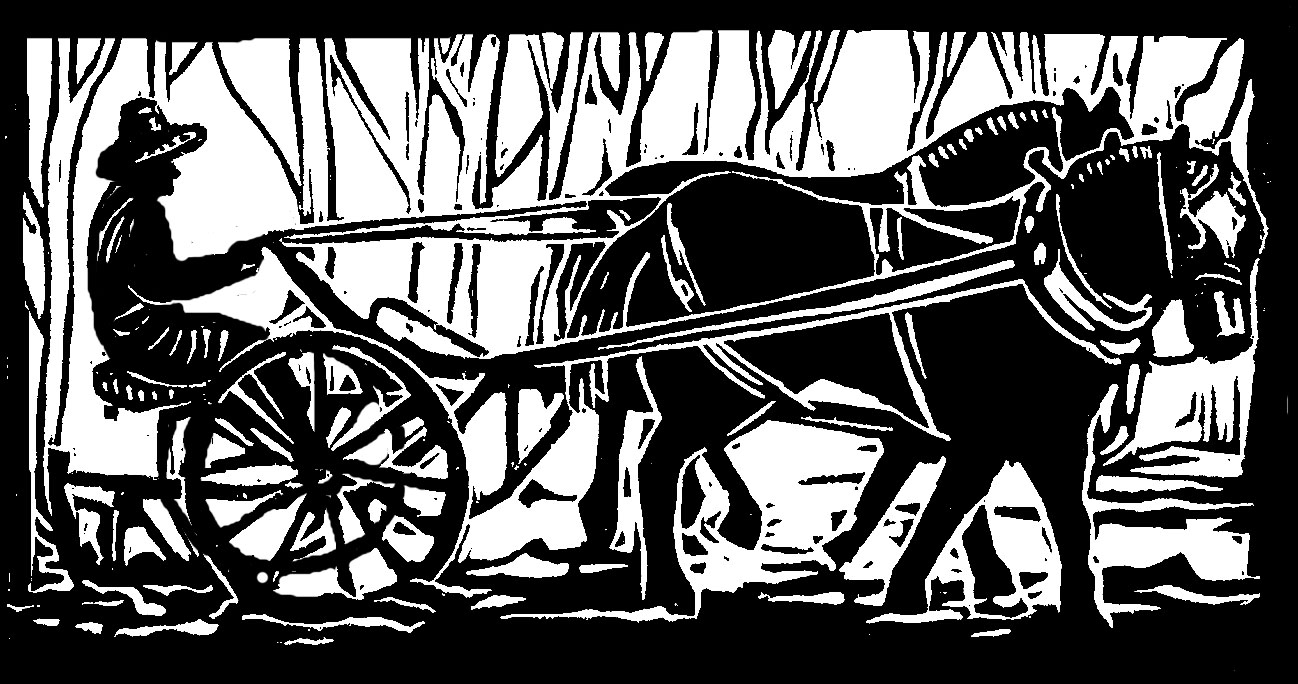March is a trickster month, when a farmer stands at the door, trying to decide whether to wear one layer or four. She settles on two, then flings off her coat in the sunshine, thinking Gee, isn’t it nice and warm! Then the next minute, when the wind nearly knocks her over, she grabs her coat again, thinking Gee, isn’t it nice and brisk!
It’s the month when we farmers are glad there’s still snow holding down the greenhouse sides, so that the greenhouses don't blow away in the wind. A few days later, we’re glad that the snow has melted away, so that we can open up the sides and get some cool air into the overheated greenhouses.
In March, we might be walking in snow or squelching in puddles as we check our pasture and garden fences, which sometimes look fine after the winter, and sometimes are a big mess. In the garden, it might be dry enough to direct-sow carrots and turnips in March, as we sometimes do. Or maybe not.
Who knows? March likes to keep us wondering, about weather and crops and fences, and even about our own farmer moods: is this nervous excitement about the upcoming season, or is this nervous worry about the upcoming season? Can we do it again? Every year we’re a little older, and the mountain of the season looks a little higher.
But there’s one thing we do know: in March we’d better start getting into farming shape. Luckily, it is a gentle start to the season. We carry the tables into the greenhouse, set up the heat mat, roll down the big plastic curtain that divides the greenhouse into heated and unheated zones. We fill flats, sow seeds, and water them in, looking forward to the tiny cheerful green seedlings.
In March, my fellow farmer also starts taking the horses out for an occasional jaunt. These are getting ready for the working season jaunts, after a winter of eating hay and loafing around the paddock.
Our new team, Willow and Fern, groomed and harnessed, set out with my fellow on the fore cart, a light, two-wheeled cart used to pull implements, and perfect for getting horses in shape.
“How’d it go?” I ask, after the first short jaunt.
“Great,” my fellow answers. “We went up the dirt road to the top of the hill.”
"How’d it go?” I ask after the second slightly longer jaunt.
“Great,” my fellow answers. “We went to visit our neighbors who were boiling sap in the sugar shack on the dirt road. Also Willow bucked some.”
“That sounds nice,” I say, a little worried, “except for the bucking.”
“She didn’t like the tight turn, I guess. It was just a little bucking.”
“How’d it go?” I ask after the third even longer jaunt.
“Great,” my fellow answers. “We went around our fields and then up the dirt road. This time Willow and Fern were both bucking.”
“Hmm,” I said, a little more worried. “What’s that about?”
“Nothing much,” my fellow answered. “Just kind of remembering what it means to be getting back to work.”
Ah. We know how the horses feel. It’s a good thing we all get to start slowly: sowing seeds, or walking up a dirt road. A little buck can’t hurt, and might even help work out the cricks and kinks: the winter’s slow stiff farmer back, slow stiff farmer shoulders, slow stiff farmer mind.
Don’t worry, laughs March, I’ll loosen you right up. Then you can really get to work, in April.
Originally published in the Monadnock Shopper News, April 2 - April 8, 2025
